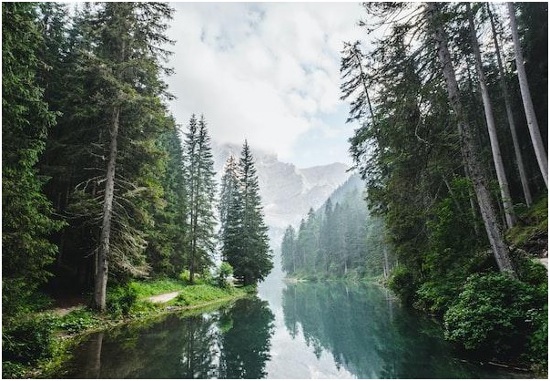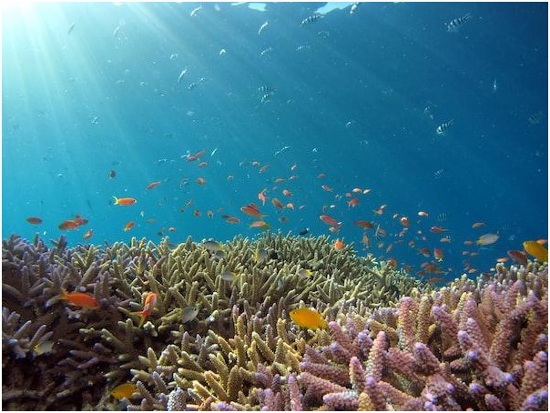Have you ever wondered what it would be like to work in the field of conservation? If you have a passion for the environment and want to help protect it, then a career as a conservationist may be for you. But what does it take to be a conservationist? In this article, you can explore what conservationists do, the skills they need to succeed, and how to get started in this rewarding career.
Pursue advanced education in conservation
A career as a conservationist is an excellent choice for someone who wants to help protect the environment. There are many ways to pursue advanced education in conservation, and the most important step is finding the right program for you. One option for pursuing advanced education in conservation is to enroll in a graduate program at a university. There are many different types of programs available, so it is important to do your research and find one that fits your interests and goals. Another option is to attend a professional training program offered by an organization. These programs offer intensive training on specific topics related to conservation, such as wetland management or climate change mitigation. Regardless of which route you choose, it is important to have a strong foundation in science and math. Conservation work often involves analyzing data and developing solutions based on scientific evidence. Additionally, strong writing skills are essential since much of the work of a conservationist involves communicating with others about environmental issues.
Learn about the different types of conservation jobs
There are many different types of jobs in the conservation field. Some of these include environmental scientist, forester, land manager, park ranger, and wildland firefighter. Each job has its own set of skills and responsibilities. Environmental scientists study how human activities impact the environment. They work to find ways to protect ecosystems and wildlife. Foresters manage forests for timber production and environmental preservation. Land managers work with landowners to conserves natural resources such as water and soil. Park rangers protect parks and other public lands from damage. They also provide information to visitors about the areas they oversee. Wildland firefighters battle wildfires that can threaten lives, homes, and wildlife habitats.
Develop the necessary skills for a conservation career
Gain experience through internships or apprenticeships. Interning or apprenticing with an established conservation organization is an excellent way to learn about the industry and gain hands-on experience. Certification can also show employers that you have the required skills and knowledge to do the job properly. Certifications are available for many different areas of specialization within conservation, such as GIS mapping, land management, wetlands restoration, and more. Stay up-to-date on the latest industry trends and developments. Conservation is constantly evolving, so it’s important to keep up with new technologies and techniques that can help improve your work efficiency and effectiveness. Attending conferences and workshops is one way to stay current on new advances in the field of conservation. You will need to learn all kinds of skills, such as identifying different types of species or learning how to pack clothing for road trips, as you will be doing a lot of traveling as a conservationist. Whether you’re working in national parks or providing first aid, you should also have an emergency kit just in case.
If you’re interested in finding out more about this career path, you can look at top GIS programs to help prepare you for a career as a conservationist. These programs will give you the skills you need to use GIS technology to map and analyze landscapes. You will also learn about land management and conservation policy.
In conclusion, preparation is important for the success of an aspiring conservationist.


